According to Dr. Emma Taylor, lead researcher on the project, "The changes we're seeing in Antarctica are happening faster than we anticipated, and if we don't take immediate action to reduce our carbon emissions, the consequences will be catastrophic." Dr. Taylor emphasized that the Antarctic ice sheet is a critical component of the global climate system, and its collapse would have far-reaching effects on sea levels, weather patterns, and ecosystems.
The research highlights the urgent need for global cooperation to address climate change. "We're not just talking about the polar regions; we're talking about the entire planet," said Dr. John Smith, a climate scientist at the University of Melbourne. "The Antarctic ice sheet is a canary in the coal mine, and if we don't take action, we risk triggering a cascade of irreversible changes that will have devastating consequences for human societies and ecosystems worldwide."
The Antarctic ice sheet is a critical component of the global climate system, and its collapse would have far-reaching effects on sea levels, weather patterns, and ecosystems. The continent's ice shelves, which are formed when glaciers flow out to sea and freeze, are rapidly collapsing, leading to increased ice flow into the ocean and rising sea levels. The research also notes that the Antarctic ecosystem is facing significant threats, including the decline of penguin and krill populations, which are critical components of the marine food chain.
The warning from scientists comes as the world's nations gather for the upcoming climate summit in Paris. The summit aims to accelerate global efforts to reduce greenhouse gas emissions and transition to renewable energy sources. However, experts warn that the window for action is rapidly closing, and that only immediate and drastic reductions in emissions can avert the worst effects of climate change.
As the situation in Antarctica continues to deteriorate, scientists are calling for urgent action to reduce carbon emissions and protect the continent's fragile ecosystems. "We're at a critical juncture in human history, and the choices we make now will determine the course of the planet's future," said Dr. Taylor. "We must act quickly and decisively to avoid the worst effects of climate change and ensure a sustainable future for all."
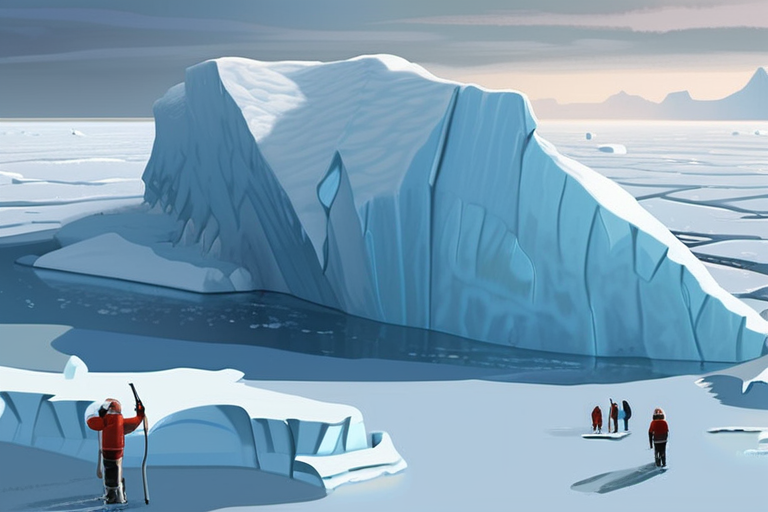


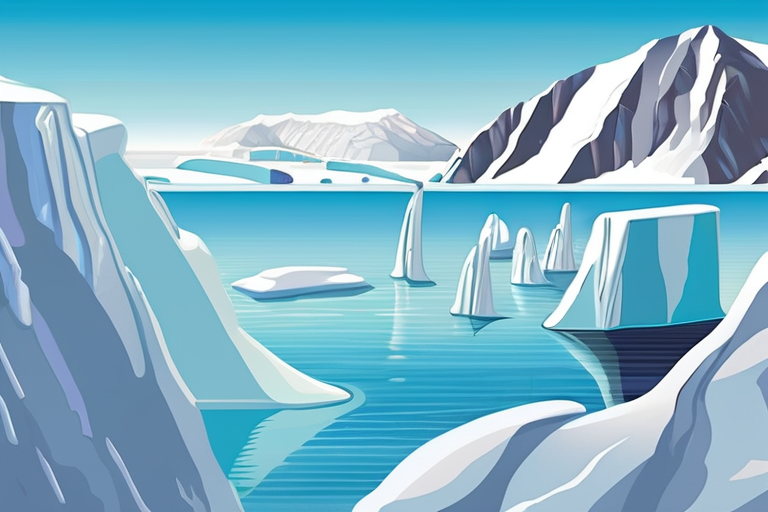
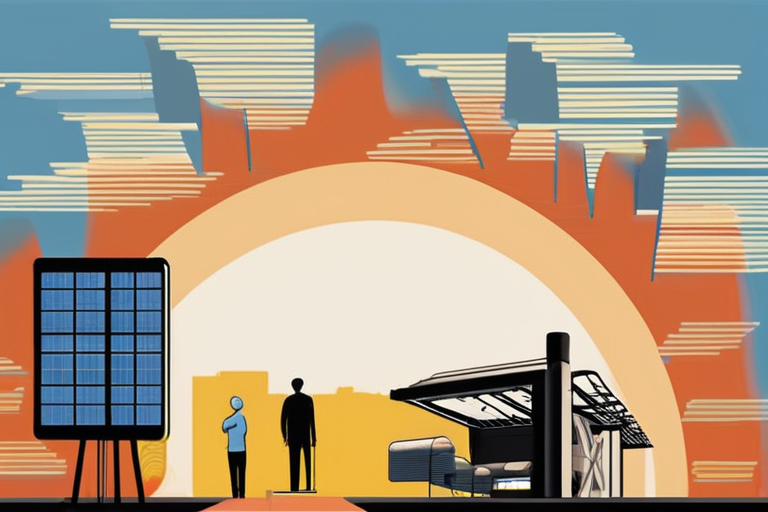
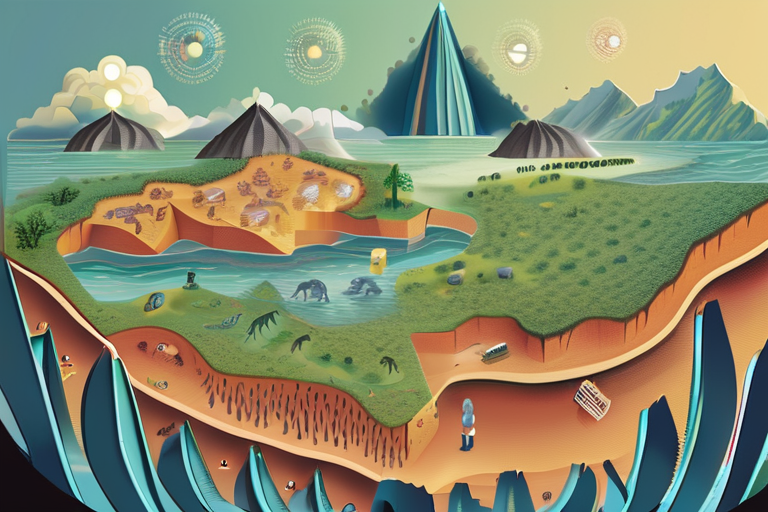
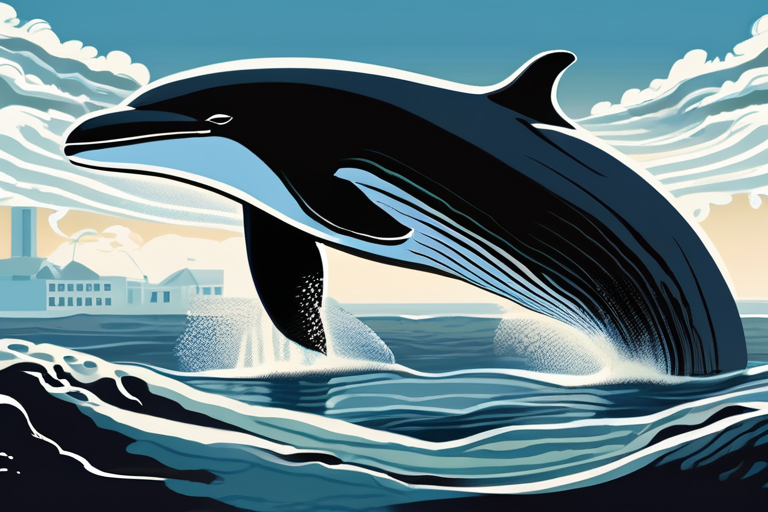
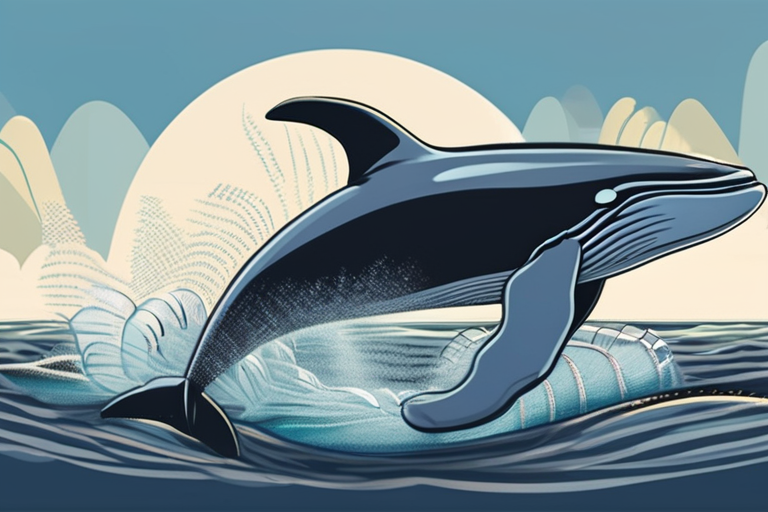
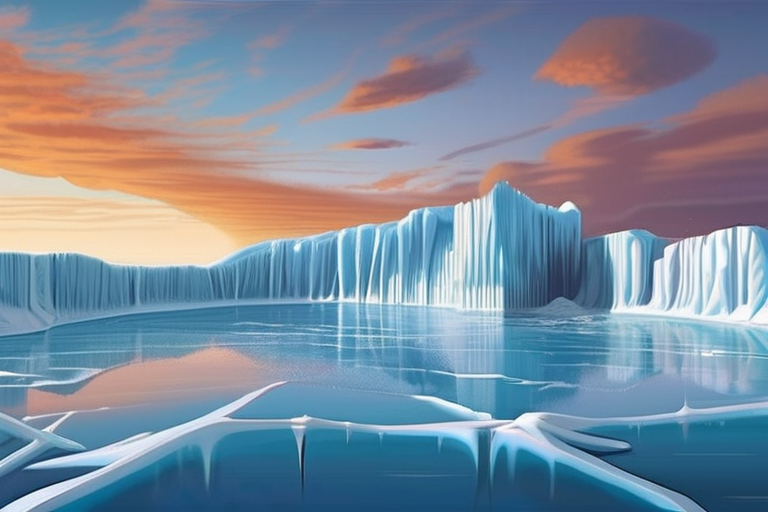
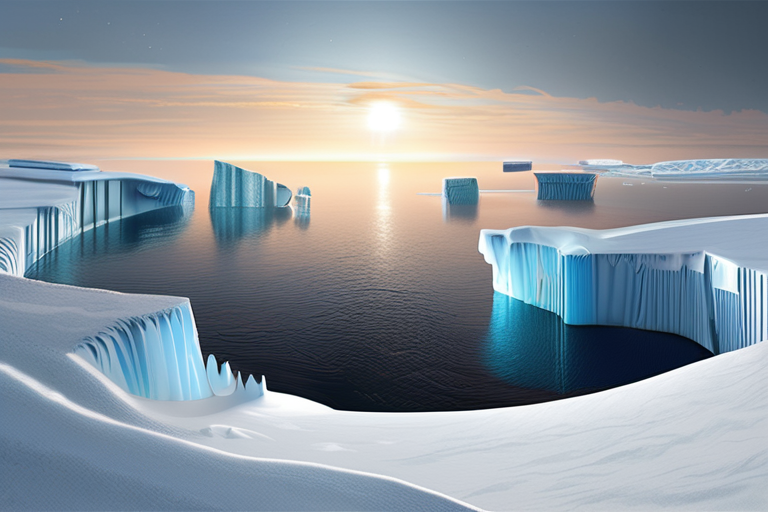
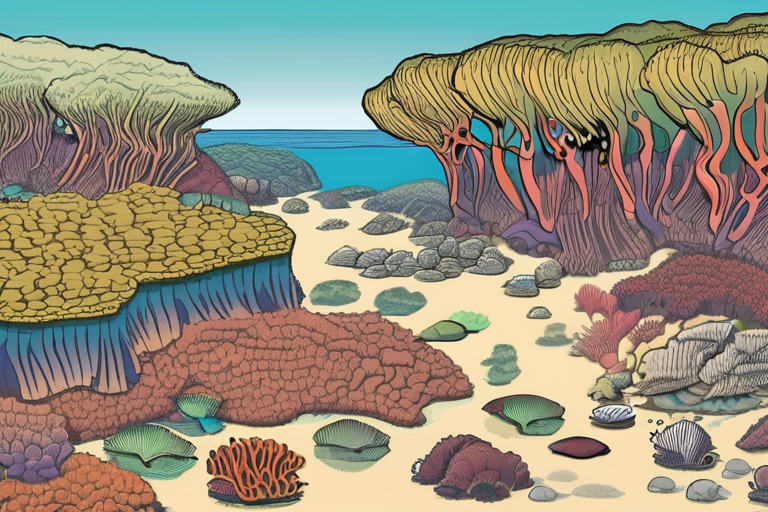
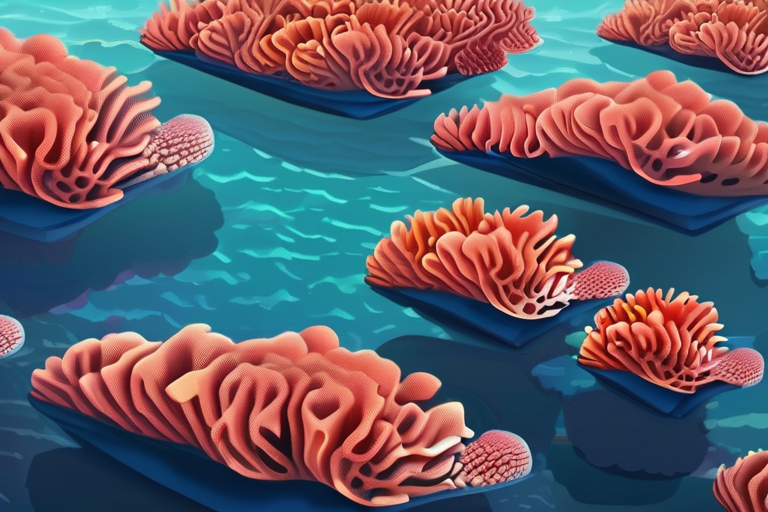
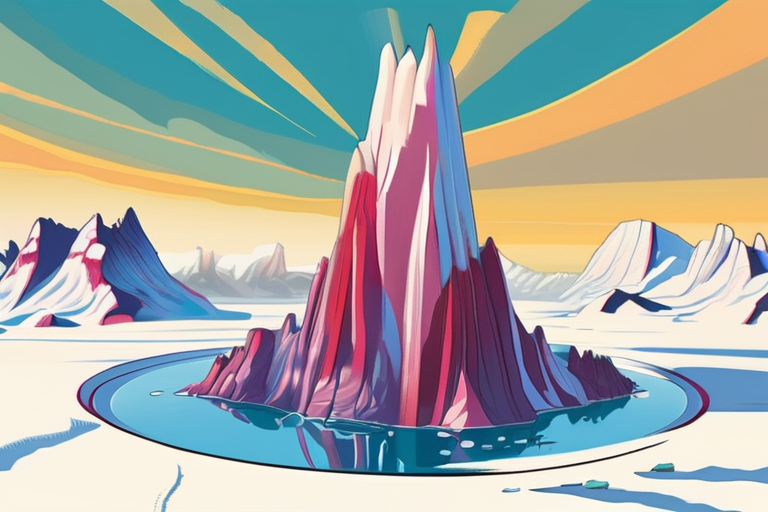
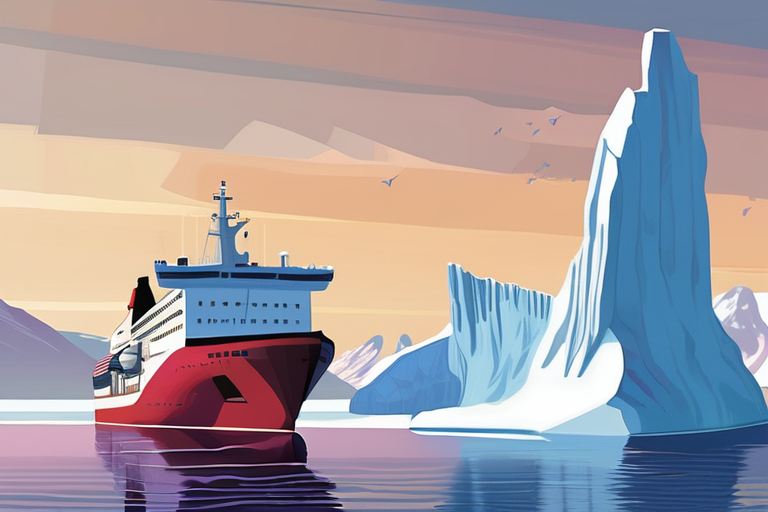
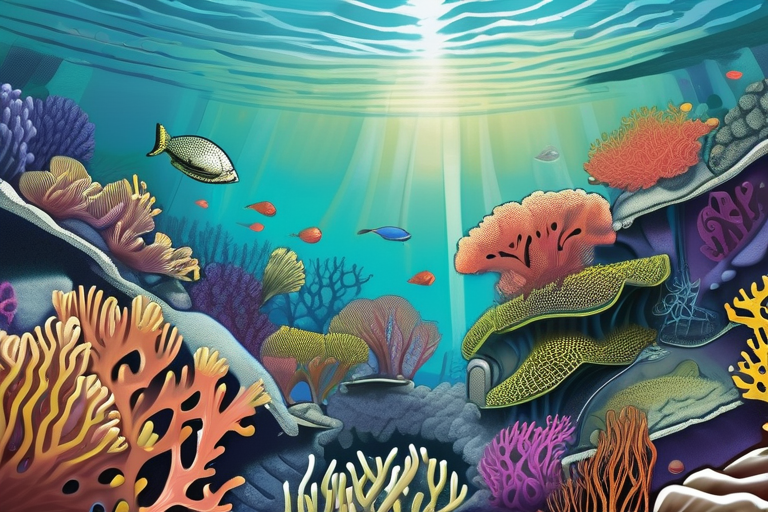
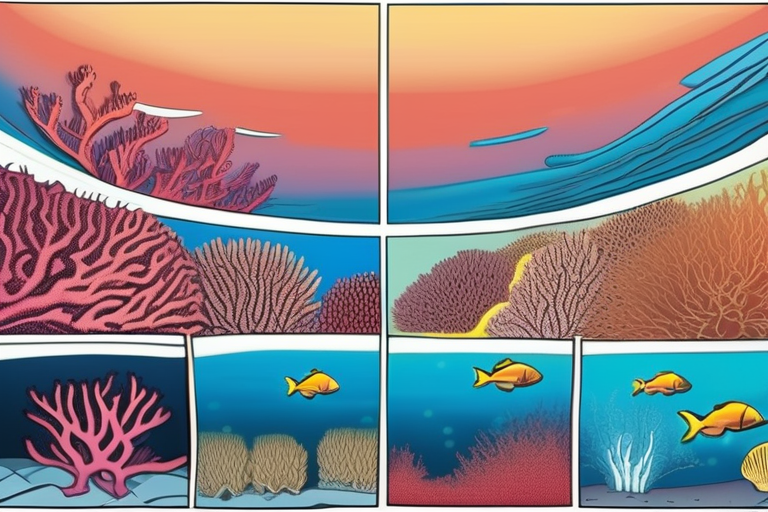
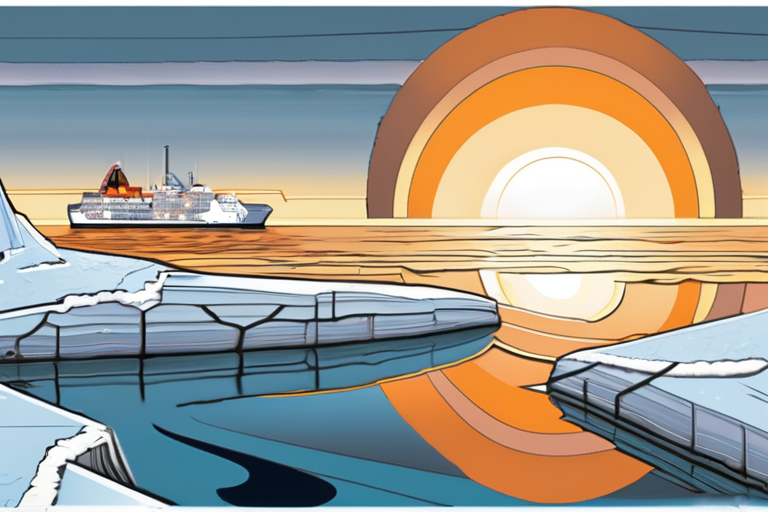

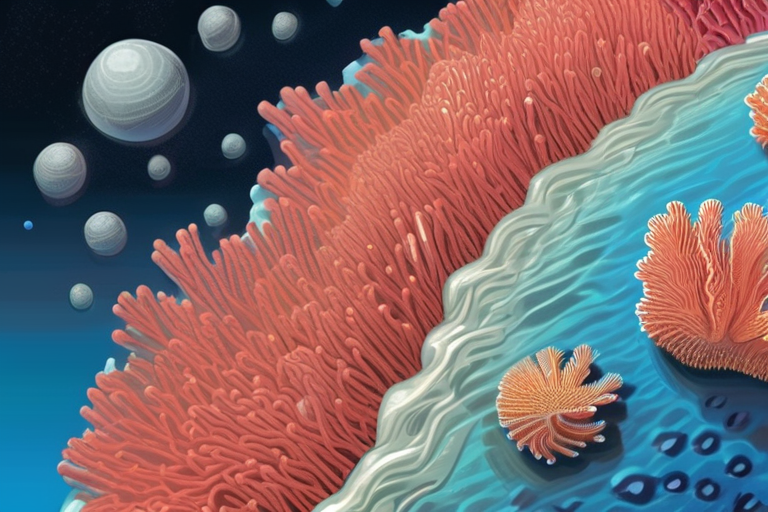
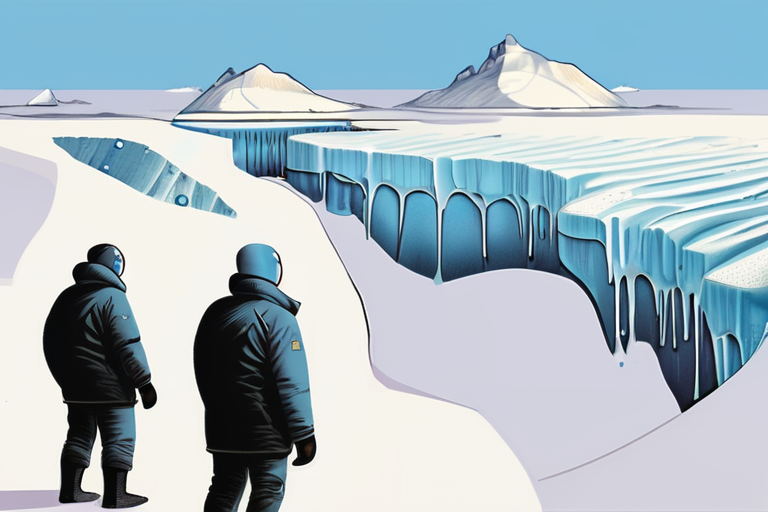
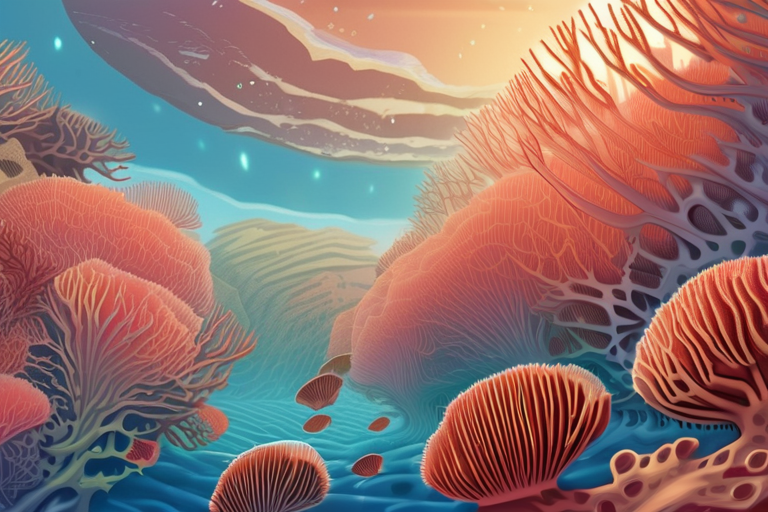
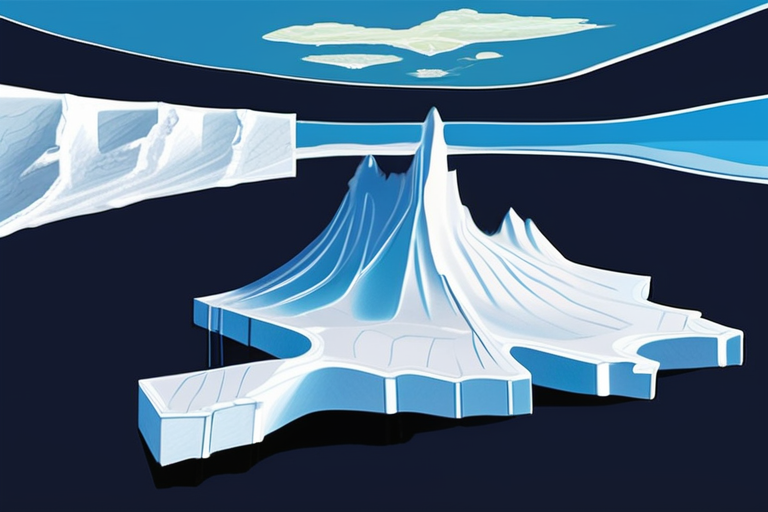
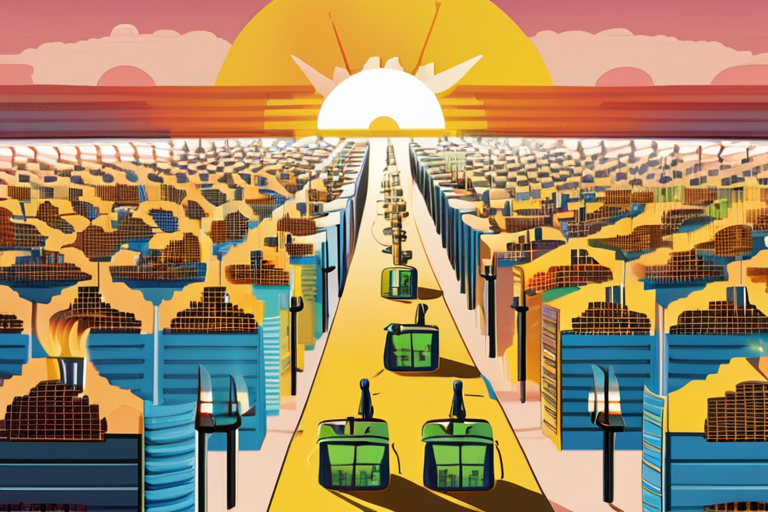
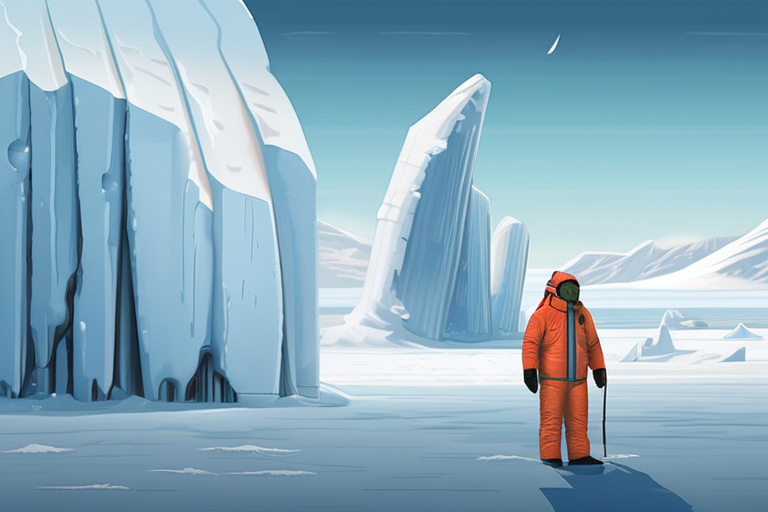
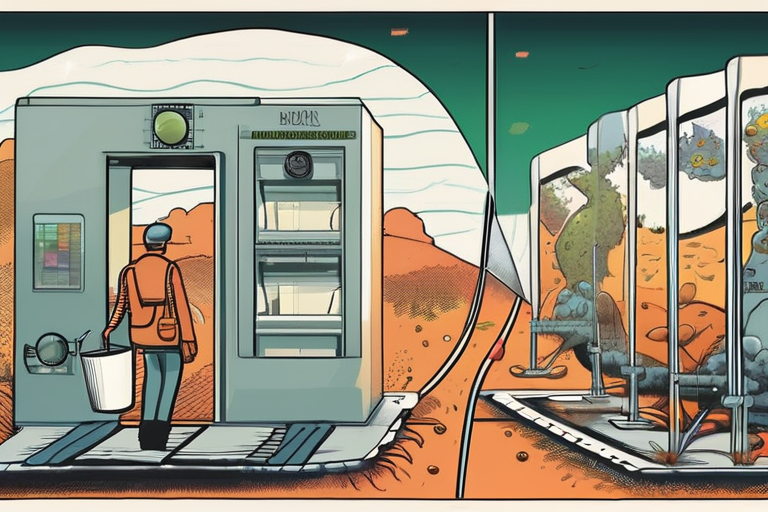
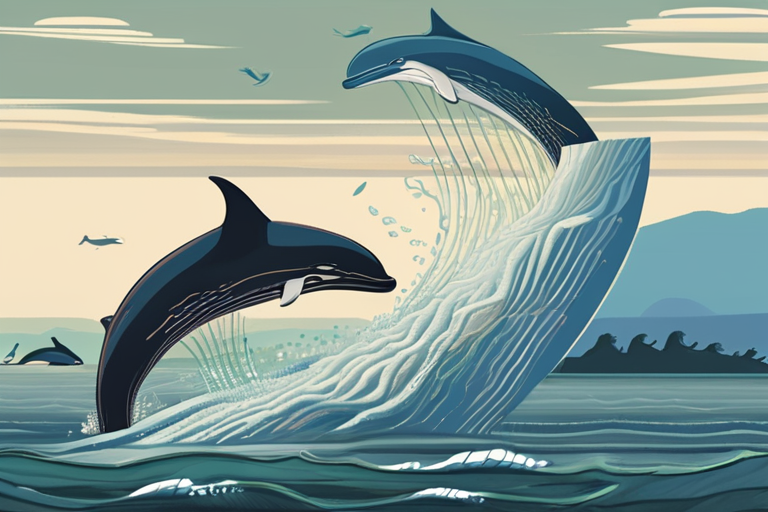
Share & Engage Share
Share this article